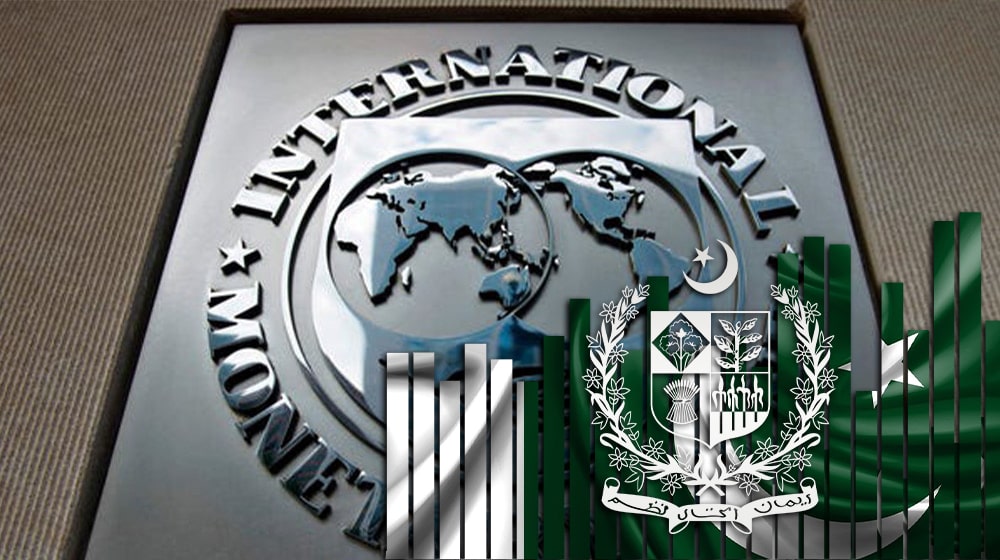The International Monetary Fund (IMF) has urged Pakistan to immediately publish the first annual report of the Special Investment Facilitation Council (SIFC), detailing all facilitated investments, related tax, policy, regulatory and legislative concessions, and their justifications and outcomes. The Fund also warned of persistent governance and corruption vulnerabilities rooted in structural institutional weaknesses that require urgent action on a 15-point reform agenda to strengthen transparency, accountability and fiscal discipline.
The findings appear in the IMF’s long-delayed Governance and Corruption Diagnostic Assessment (GCDA), whose publication is a prerequisite for the Fund’s executive board to approve a $1.2 billion disbursement next month. The report estimates that Pakistan could generate a 5% to 6.5% increase in GDP over five years if a package of governance reforms begins within the next three to six months.
The diagnostic calls for ending preferential treatment for powerful public-sector entities in state procurements, instituting greater parliamentary oversight over government financial powers, and ensuring full transparency in the workings of the SIFC. The government had delayed releasing the report since August.
The IMF emphasised that Pakistan must strengthen rule-based governance by improving access to information and enabling both state and non-state actors to participate meaningfully in policy processes.
“A unifying theme is the emphasis on increasing transparency and accountability in policy formulation, implementation and monitoring,” the report noted.
The assessment identifies systemic weaknesses across public-sector functions, including budgeting, fiscal reporting, procurement, oversight of state-owned enterprises (SOEs), and management of public resources. It also highlights an overly complex and opaque tax system and a judicial sector that struggles to enforce contracts and protect property rights due to inefficiency, outdated laws and concerns over judicial integrity.
The IMF has directed that all SOE-specific advantages in public procurement be eliminated, including special contracting provisions. It also recommends that Pakistan make e-procurement mandatory for all public-sector transactions within 12 months.
The Fund further demanded that the government publish the first annual report of the SIFC, detailing every investment facilitated, concessions granted, and the outcomes of those decisions. Given the council’s broad mandate and immunity provisions, the IMF said it was essential to set clear operational protocols and enhance transparency.
The report also questions the legal framework behind the SIFC’s formation, noting that the Council was created via amendments to the Board of Investment law while the BoI continues to operate separately.
According to the diagnostic, weaknesses in governance significantly affect Pakistan’s fiscal performance. The country’s chronically low and declining tax-to-GDP ratio stems from complex tax rules, inconsistent policymaking and low public trust.
The IMF observed that Pakistan’s budget execution deviates substantially from approved allocations. Large discretionary powers allow public funds to be redirected towards politically influential districts, resulting in poor returns on public investment and limited transparency or parliamentary scrutiny.
The report stresses that tackling corruption risks is essential for sustainable economic reforms, noting that efforts to improve governance and accountability must be paired with direct anti-corruption measures to strengthen institutional integrity.
Discover more from Brackly News
Subscribe to get the latest posts sent to your email.



